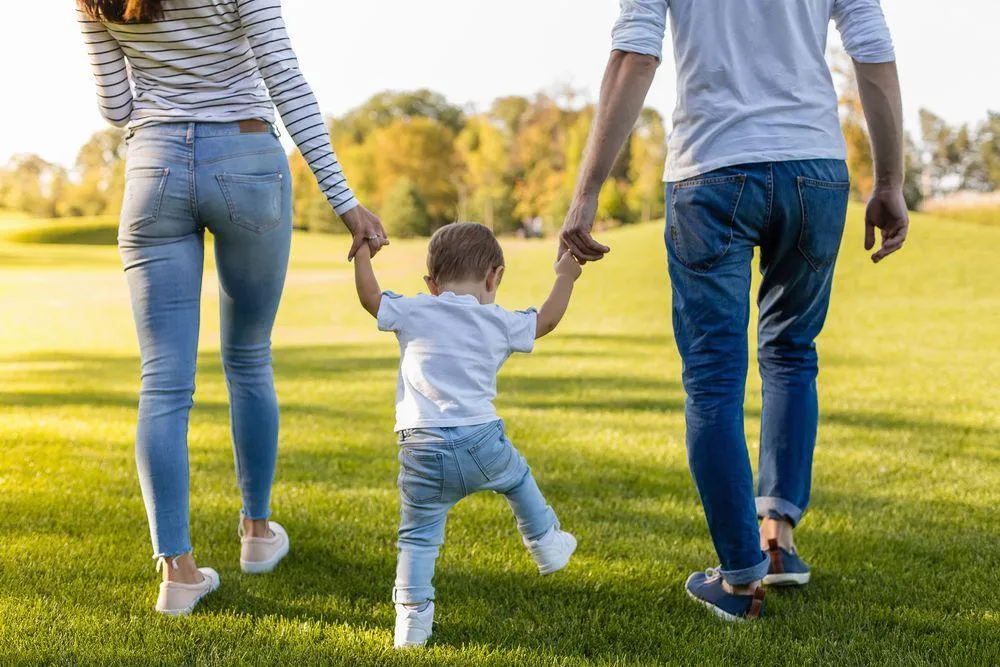
Be Specific: Key Insights from Temple Grandin
In 2005, I first learned of Dr. Temple Grandin—a powerful speaker, author, and advocate, who has become a prominent voice for neurodivergent individuals. Not only did she transform the cattle industry with more humane practices, but she also shares her wisdom and life experiences to help others in the autism community thrive.
Diagnosed with autism as a toddler, her mother was advised to place her in a mental health facility. Luckily, her mom didn’t listen.
Instead, she worked hard to support Temple’s growth and development, helping her achieve extraordinary things.
In 2016, I had the chance to hear her speak as a keynote at a conference and even meet her during a book signing—what an honor!
But last weekend, something even more incredible happened… Lauren and I got to interview Dr. Grandin on the Every Brain is Different Podcast! Life goal accomplished!
Here are some takeaways from our conversation:
1. Early Intervention is Key
If your child shows signs of speech delays or developmental challenges, don’t wait! Dr. Grandin emphasizes the importance of early intervention. Start working on basic skills like turn-taking, using utensils, and communication as soon as possible. The earlier, the better!
2. Don’t Punish Sensory Overload
Sensory issues are a big challenge for our kids, and punishing sensory overload won’t help. Instead, Dr. Grandin recommends helping children manage their sensitivities. For example, if loud noises trigger your child, let them control the volume, or offer noise-canceling headphones. Just don’t overuse them—too much dependence can make things worse.
3. Celebrate Different Thinking Styles
Whether your child is a visual, mathematical, or verbal thinker, embrace their unique way of processing the world. Dr. Grandin encourages parents to nurture these strengths. Simple activities like building with Legos or using tools can develop problem-solving skills. Help your child dive into their interests and find learning opportunities along the way.
4. Teach Work Skills Early
As kids grow, it’s vital to teach them real-world skills. Dr. Grandin stresses giving teens responsibility—like ordering their own food at a restaurant or helping with household tasks. Little steps toward independence make a big difference as they transition into adulthood.
5. Be Specific
Kids, especially those who are neurodivergent, thrive on clear, specific instructions. Vague directions lead to frustration. Instead of just saying "no," explain why the correction is needed. It makes a world of difference when kids understand the reasons behind the rules.
I am so incredibly grateful for the time Dr. Grandin spent with us. One of my favorite moments was when she shared a story about a prank she pulled in high school—it was hilarious and such a humanizing moment. Her wisdom, humor, and warmth made this conversation unforgettable.
Listen to the full conversation on episode 64 of the Every Brain is Different Podcast.
